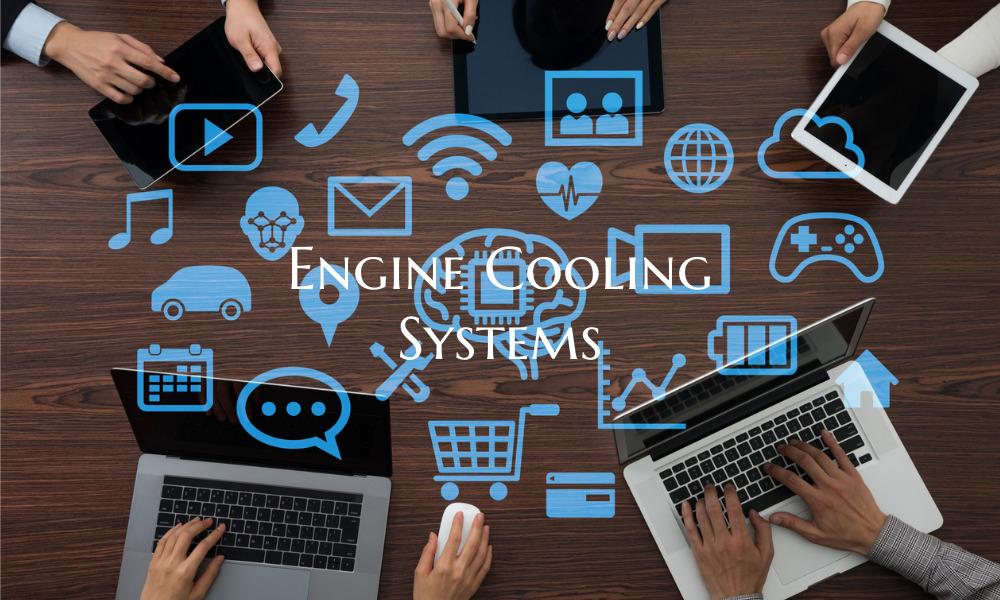Engine Cooling Systems
Introduction: Engine cooling systems play a vital role in ensuring that a vehicle's engine operates efficiently and within the recommended temperature range. Understanding how these systems function and why they are crucial can help vehicle owners maintain their vehicles properly and prevent potential damages. This article will delve into the significance of engine cooling systems and how they work to keep the engine operating at optimal temperatures.
Importance of Engine Cooling Systems: The primary function of an engine cooling system is to regulate the temperature of the engine and prevent it from overheating. Internal combustion engines generate a significant amount of heat during operation, and if this heat is not dissipated efficiently, it can lead to engine damage and potential breakdowns. Engine cooling systems help in maintaining the engine at the ideal operating temperature, which is essential for optimal performance and longevity.
Components of Engine Cooling Systems: Engine cooling systems typically consist of several key components, including the radiator, water pump, thermostat, cooling fan, and hoses. The radiator is responsible for dissipating heat from the coolant, which circulates through the engine to absorb heat. The water pump ensures that the coolant flows through the system effectively, while the thermostat regulates the coolant temperature. The cooling fan helps in drawing air through the radiator to aid in heat dissipation.
How Engine Cooling Systems Work: The engine cooling process begins when the coolant absorbs heat from the engine and flows into the radiator. As the coolant passes through the radiator, it releases heat into the surrounding air, which is facilitated by the cooling fan. The water pump then circulates the cooled coolant back to the engine to absorb more heat, thus completing the cooling cycle. This continuous process helps in maintaining the engine at the optimal temperature for efficient operation.
Maintenance and Troubleshooting: Proper maintenance of the engine cooling system is essential to ensure its effectiveness and longevity. Regularly checking coolant levels, inspecting hoses for leaks or cracks, and ensuring that the radiator is clean and free from obstructions are crucial steps in maintaining the system. If the engine shows signs of overheating, such as steam coming from the engine bay or a high temperature gauge reading, it indicates a potential issue with the cooling system that should be addressed promptly.
Conclusion: Engine cooling systems are a critical component of vehicles that help in regulating engine temperature and preventing overheating. Understanding the importance of these systems and how they function can empower vehicle owners to take proper care of their vehicles and address any cooling system issues promptly. By ensuring the proper maintenance of engine cooling systems, vehicle owners can enhance the performance and longevity of their vehicles.

